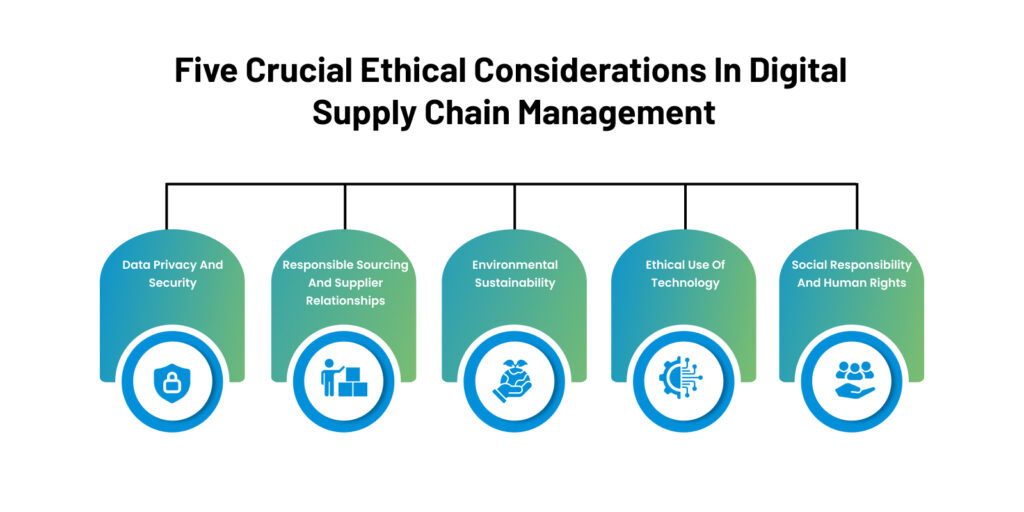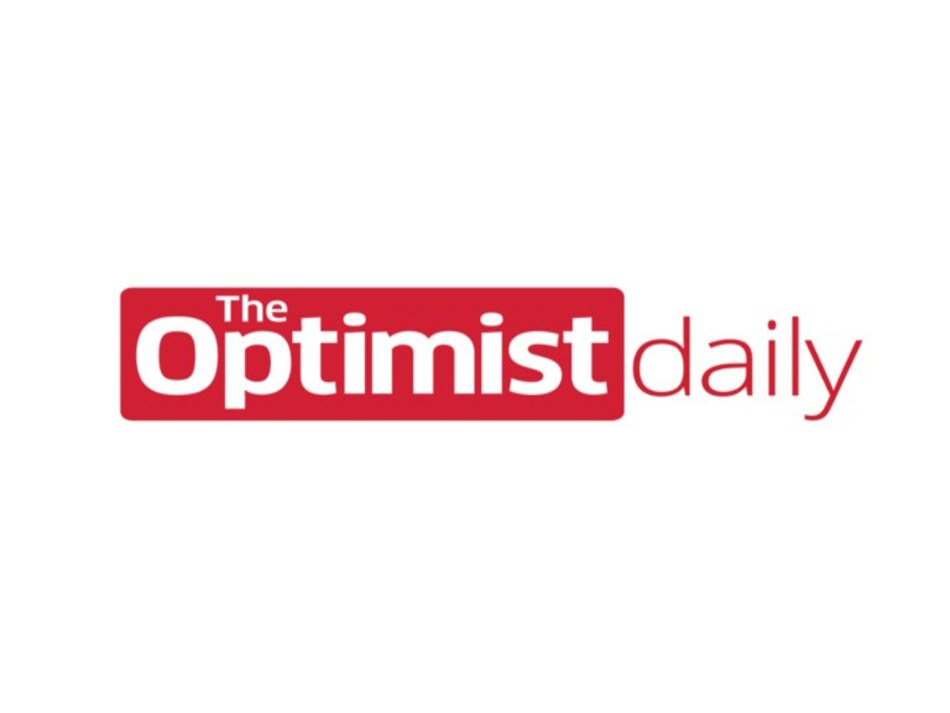
Ethical Sourcing: Ensuring Supply Chain Integrity – A Beginner’s Guide to Responsible Business
In today’s interconnected world, consumers are more aware than ever about where their products come from and how they are made. The days of simply buying something without a second thought are fading, replaced by a growing demand for transparency, responsibility, and ethical practices. This shift has brought concepts like Ethical Sourcing and Supply Chain Integrity to the forefront of business discussions.
But what do these terms really mean, and why are they so crucial? If you’re new to the world of responsible business, this comprehensive guide will break down everything you need to know, making complex ideas easy to understand.
What Exactly Is Ethical Sourcing?
Imagine buying a delicious chocolate bar. Wouldn’t you feel better knowing that the cocoa beans were harvested by farmers paid a fair wage, not by child labor? Or that the production didn’t harm local ecosystems? That’s the essence of ethical sourcing.
Ethical sourcing is the practice of ensuring that the products and services a company buys are obtained in a responsible and sustainable way. It’s about looking beyond just the price tag and considering the broader impact of how things are made and acquired.
This involves:
- Human Rights: Ensuring fair labor practices, safe working conditions, no child labor, no forced labor, and respect for workers’ rights.
- Environmental Impact: Minimizing pollution, conserving natural resources, reducing waste, and promoting sustainable agriculture or manufacturing processes.
- Animal Welfare: If animals are involved in the supply chain (e.g., leather, meat, dairy), ensuring they are treated humanely.
- Community Impact: Ensuring that the sourcing process benefits, rather than harms, local communities, respecting indigenous rights, and contributing positively to local economies.
- Transparency: Being open and honest about where materials come from and how products are made.
Think of it as choosing to do business with suppliers who share your values and uphold certain standards of fairness, safety, and environmental care.
Why Is Ethical Sourcing So Important?
The move towards ethical sourcing isn’t just a trend; it’s a fundamental shift in how businesses operate. It offers significant benefits for everyone involved:
For Businesses:
- Enhanced Reputation & Brand Loyalty: Consumers are more likely to trust and support brands that demonstrate a commitment to ethical practices. This builds a strong, positive brand image.
- Reduced Risk: Ethical sourcing helps avoid scandals related to child labor, sweatshop conditions, or environmental damage, which can severely harm a company’s reputation and bottom line.
- Improved Employee Morale: Employees often feel proud to work for a company that prioritizes ethical conduct, leading to higher engagement and retention.
- Attracting Investors: Many investors now consider Environmental, Social, and Governance (ESG) factors, making ethical sourcing a key indicator of a company’s long-term sustainability and responsible management.
- Compliance with Regulations: As laws around supply chain due diligence become stricter, ethical sourcing helps companies stay compliant and avoid legal penalties.
- Innovation & Efficiency: Focusing on sustainability can lead to new, more efficient processes and products.
For Consumers:
- Peace of Mind: Knowing that the products you buy weren’t made at the expense of human suffering or environmental destruction.
- Driving Positive Change: Your purchasing power encourages more businesses to adopt ethical practices.
- Higher Quality Products: Ethical sourcing often goes hand-in-hand with better quality control and more sustainable production methods.
For the Planet & People:
- Protection of Human Rights: Fights against exploitation, slavery, and unsafe working conditions, ensuring dignity for workers worldwide.
- Environmental Preservation: Helps combat deforestation, pollution, and climate change, protecting vital ecosystems and biodiversity.
- Sustainable Development: Supports communities by promoting fair wages, safe environments, and responsible resource management, leading to long-term prosperity.
Understanding Supply Chain Integrity
While ethical sourcing focuses on what you buy and who you buy it from, Supply Chain Integrity is about the how – ensuring that the entire journey of a product, from raw material to finished good, is honest, transparent, and secure.
Imagine tracing the journey of your coffee beans: from the farm, to the processing plant, to the shipping container, to the roasting facility, and finally to your cup. Supply chain integrity means you can trust that at every step, the beans are what they claim to be, handled safely, and sourced according to ethical standards.
Key aspects of Supply Chain Integrity include:
- Transparency: Knowing every step of the product’s journey and who is involved.
- Traceability: The ability to track a product (or its components) from its origin to its final destination.
- Authenticity: Ensuring that products are genuine and not counterfeit or mixed with inferior materials.
- Security: Protecting products from theft, contamination, or tampering at any point in the chain.
- Compliance: Adhering to all relevant laws, regulations, and ethical standards throughout the supply chain.
Without supply chain integrity, ethical sourcing becomes incredibly difficult. How can you ensure fair labor practices if you don’t even know which factory made the product, or if the materials were swapped along the way? Integrity is the backbone that allows ethical practices to be verified and maintained.
The Pillars of Ethical Sourcing and Supply Chain Integrity
Achieving both ethical sourcing and supply chain integrity requires a multi-faceted approach, focusing on several key areas:
1. Transparency and Traceability
- What it means: Being able to see and track every step of your product’s journey, from raw materials to the finished item. It’s about knowing who is involved, where they are, and what they are doing.
- Why it’s crucial: If you don’t know where your materials come from, you can’t verify if they’re ethically sourced. Traceability helps identify and fix problems quickly.
- Examples: Using unique identifiers for products, digital tracking systems, or even blockchain technology to create an unchangeable record of a product’s journey.
2. Fair Labor Practices
- What it means: Ensuring that all workers involved in the supply chain are treated with dignity and respect. This includes fair wages, reasonable working hours, safe and healthy working conditions, freedom from discrimination, and the right to form unions.
- Why it’s crucial: This is often the first thing people think of when they hear "ethical sourcing." It prevents exploitation and upholds basic human rights.
- Examples: Implementing a strict code of conduct for suppliers, conducting regular audits of factories, and providing worker grievance mechanisms.
3. Environmental Stewardship
- What it means: Minimizing the negative impact of production on the environment. This includes reducing waste, conserving energy and water, preventing pollution, and sourcing sustainable materials.
- Why it’s crucial: Our planet has finite resources. Responsible environmental practices protect ecosystems, biodiversity, and the long-term health of the planet.
- Examples: Using renewable energy, recycling production waste, sourcing certified sustainable timber or organic cotton, and reducing carbon emissions.
4. Community Engagement and Development
- What it means: Ensuring that sourcing practices benefit, rather than harm, the local communities where raw materials are extracted or products are manufactured. This can involve fair compensation for land, respecting local customs, and investing in community projects.
- Why it’s crucial: Ethical sourcing is not just about avoiding harm, but actively contributing to the well-being of communities, especially in developing regions.
- Examples: Partnering with local NGOs, investing in local education or infrastructure, and ensuring fair trade premiums reach the producers.
5. Anti-Corruption and Ethical Business Conduct
- What it means: Ensuring that no bribery, fraud, or other unethical business practices occur anywhere in the supply chain.
- Why it’s crucial: Corruption undermines fair competition, can lead to unsafe practices (e.g., ignoring safety regulations), and exploits vulnerable populations.
- Examples: Having clear anti-bribery policies, training suppliers on ethical conduct, and implementing strong internal controls.
How Businesses Can Achieve Ethical Sourcing and Supply Chain Integrity
It might seem like a huge task, but businesses can implement a range of strategies to build a more ethical and integral supply chain:
-
Develop a Robust Supplier Code of Conduct:
- What it is: A clear document outlining the ethical, labor, and environmental standards that all suppliers must agree to follow.
- Why it helps: Sets expectations upfront and provides a basis for evaluation.
-
Conduct Thorough Due Diligence and Audits:
- What it is: Investigating potential suppliers before partnering with them, and regularly inspecting existing suppliers (on-site audits) to ensure they are meeting the code of conduct.
- Why it helps: Verifies compliance and identifies risks or non-compliance.
-
Seek Certifications and Adhere to Standards:
- What it is: Partnering with organizations that offer independent certifications (e.g., Fair Trade, Organic, B Corp, Rainforest Alliance). These certifications verify that certain ethical or environmental standards have been met.
- Why it helps: Provides external validation and builds consumer trust.
-
Leverage Technology for Transparency and Traceability:
- What it is: Using tools like blockchain, RFID tags, or cloud-based supply chain management software to track products, share data, and verify origins.
- Why it helps: Creates an unchangeable record, reduces fraud, and enhances visibility across complex supply chains.
-
Foster Long-Term Relationships and Collaboration:
- What it is: Instead of constantly switching suppliers for the lowest price, building strong, trusting relationships with fewer suppliers. This allows for closer collaboration on improving ethical practices.
- Why it helps: Encourages shared goals, makes it easier to implement changes, and builds loyalty.
-
Invest in Supplier Training and Capacity Building:
- What it is: Helping suppliers understand and implement ethical standards through training, workshops, and support.
- Why it helps: Not all suppliers may have the resources or knowledge to meet high standards immediately. Investing in them helps them improve.
-
Establish Robust Grievance Mechanisms:
- What it is: Providing clear, accessible channels (e.g., hotlines, anonymous reporting systems) for workers or communities to report concerns or violations without fear of retaliation.
- Why it helps: Allows problems to be identified and addressed quickly before they escalate.
-
Commit to Continuous Improvement:
- What it is: Recognizing that ethical sourcing is an ongoing journey, not a one-time achievement. Regularly reviewing policies, setting new goals, and adapting to evolving standards.
- Why it helps: Ensures the company stays ahead of new challenges and remains a leader in responsible business.
Challenges on the Path to Integrity
While the benefits are clear, building an ethical and integral supply chain isn’t without its challenges:
- Complexity: Global supply chains can involve hundreds of suppliers across multiple countries, making oversight difficult.
- Cost: Implementing ethical practices and conducting thorough audits can be more expensive in the short term.
- Lack of Data: Difficulty in collecting accurate and verifiable data from all levels of the supply chain.
- Resistance to Change: Some suppliers may be unwilling or unable to adopt new, stricter standards.
- "Greenwashing" & "Ethics Washing": Some companies might falsely claim to be ethical or sustainable without genuinely implementing the practices.
Overcoming these challenges requires strong leadership, commitment, and a willingness to invest in the long-term benefits of responsible business.
The Consumer’s Role: Your Power to Make a Difference
As a consumer, you have immense power to drive change. Every purchase you make is a vote for the kind of world you want to live in. Here’s how you can contribute:
- Educate Yourself: Learn about the issues. Understand what ethical sourcing means for different industries (e.g., fashion, food, electronics).
- Look for Certifications: Familiarize yourself with reputable certifications (Fair Trade, B Corp, Organic, etc.) and choose products that carry them.
- Research Brands: Before buying, do a quick search. Does the company have a clear ethical sourcing policy? Are they transparent about their supply chain?
- Ask Questions: Don’t hesitate to contact companies directly and ask about their sourcing practices. Your questions signal demand for transparency.
- Support Ethical Businesses: Prioritize buying from companies that genuinely demonstrate a commitment to ethical sourcing and sustainability, even if it means paying a little more.
- Spread the Word: Share what you learn with friends and family, encouraging them to make conscious choices.
Conclusion: Building a Better Future, One Product at a Time
Ethical sourcing and supply chain integrity are no longer niche concepts; they are becoming fundamental requirements for businesses in the 21st century. They represent a commitment to doing business not just profitably, but also responsibly – caring for people, protecting the planet, and fostering trust.
While the journey towards a fully ethical and transparent supply chain is complex and ongoing, every step taken in this direction creates a ripple effect. By understanding these concepts and supporting businesses that prioritize them, we can all contribute to a more just, sustainable, and equitable global economy, ensuring that the products we enjoy are a source of pride, not concern.



Post Comment